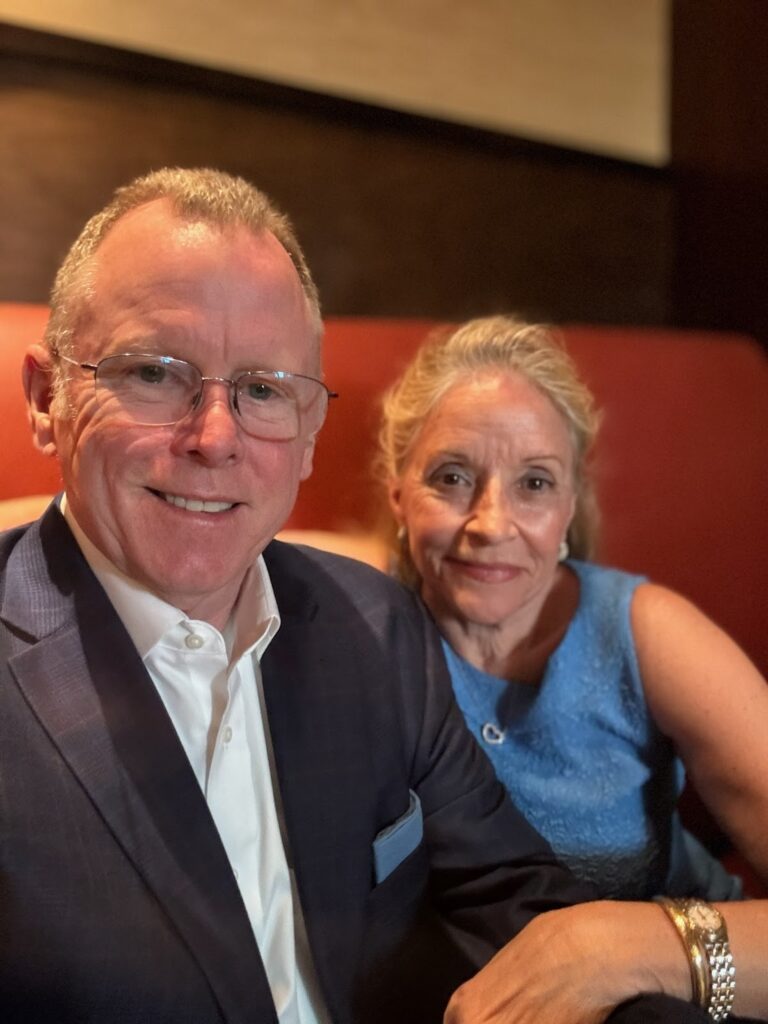
TEXIT: The Hour of Our Disunion is a fictional story, but it raises some very real emotions. It’s not just about politics or history—it’s about identity, belonging, and where we feel most at home.
Reading TEXIT makes you pause and ask: Where do I truly belong? What does my community mean to me? These are questions worth considering in a world that moves faster every day.
When people think of home, they often think about a building, a town, or even a country. But TEXIT reminds us that home is much more than geography, a patch of dirt, something to mow. It’s a state of mind.
Home is where we go to feel safe. It’s where we know the people, the traditions, the weather and the language. It’s the place where our memories live.
The characters in TEXIT aren’t just fighting for a map or a piece of land. They are fighting for the feeling of home—the bonds, the pride, and the shared dreams that make a place truly matter. They want their Texas back. And I don’t want an argument about it’s not my Texas! Yes, it is. If you ain’t from here, you best to learn about Texas before you start waving your hands and batting those eyelashes.
This powerful idea makes us stop and think:
Belonging isn’t just about living somewhere—it’s about feeling connected to the people around you. In TEXIT, the people are tied together by shared values: respect, hard work, freedom, family, and faith.
When everyone in a community believes in similar values, belonging feels natural. But when those values start to shift in the wind, and people start getting hurt, that sense of unity is eroding. That’s what the characters, Penny, Charlie, Darst and the team struggle with—they want a home that still reflects the values they hold dear.
This idea invites us to ask ourselves:
Change is a big part of Texit. The idea of Texas becoming independent again forces characters to ask, “Is this still the home I love?”
In real life, change happens all the time—new people move in, neighbourhoods grow, change, economies shift. Sometimes, it can make us feel like strangers in the place where we grew up and once called home.
TEXIT gently shows that it’s normal to feel a little lost during times of change. But it also reminds us that we can adapt. We can build stronger connections, hold onto essential traditions, and help shape the future of the places we love.
It encourages us to Q: How do we honor the past while moving forward?
A: Embrace it.
One of the strongest messages in TEXIT is that community matters. No one faces big changes alone. Families, friends, and neighbors come together to support each other, to make decisions about the road, and to dream about a better tomorrow.
Even though TEXIT focuses on Texas, the questions it asks are universal. Every reader, no matter where they live, can relate to the ideas of wanting to feel proud of where they live. Hoping for a future that matches their dreams, and wanting their voice to matter in that place they call home.
TEXIT shows that humans share the desire for connection, respect, and belonging. Whether we live in a big city, a small town, or the countryside, we all want to feel that we belong somewhere that respects and reflects who we are.
By asking the big questions about loyalty, pride, and identity, TEXIT encourages every reader to reflect on their sense of belonging. It reminds us to cherish the places—and the people—who have contributed to our lives and our greater vision of the world, and who make us feel truly at home.
At the end of the day, TEXIT shows us that belonging isn’t something we find by accident. It’s something we build, protect, and grow with every choice we make. Get your copy of this book now before you miss out.

The Framers of the Constitution envisioned that state governments, not the national government, would be the main unit of government.